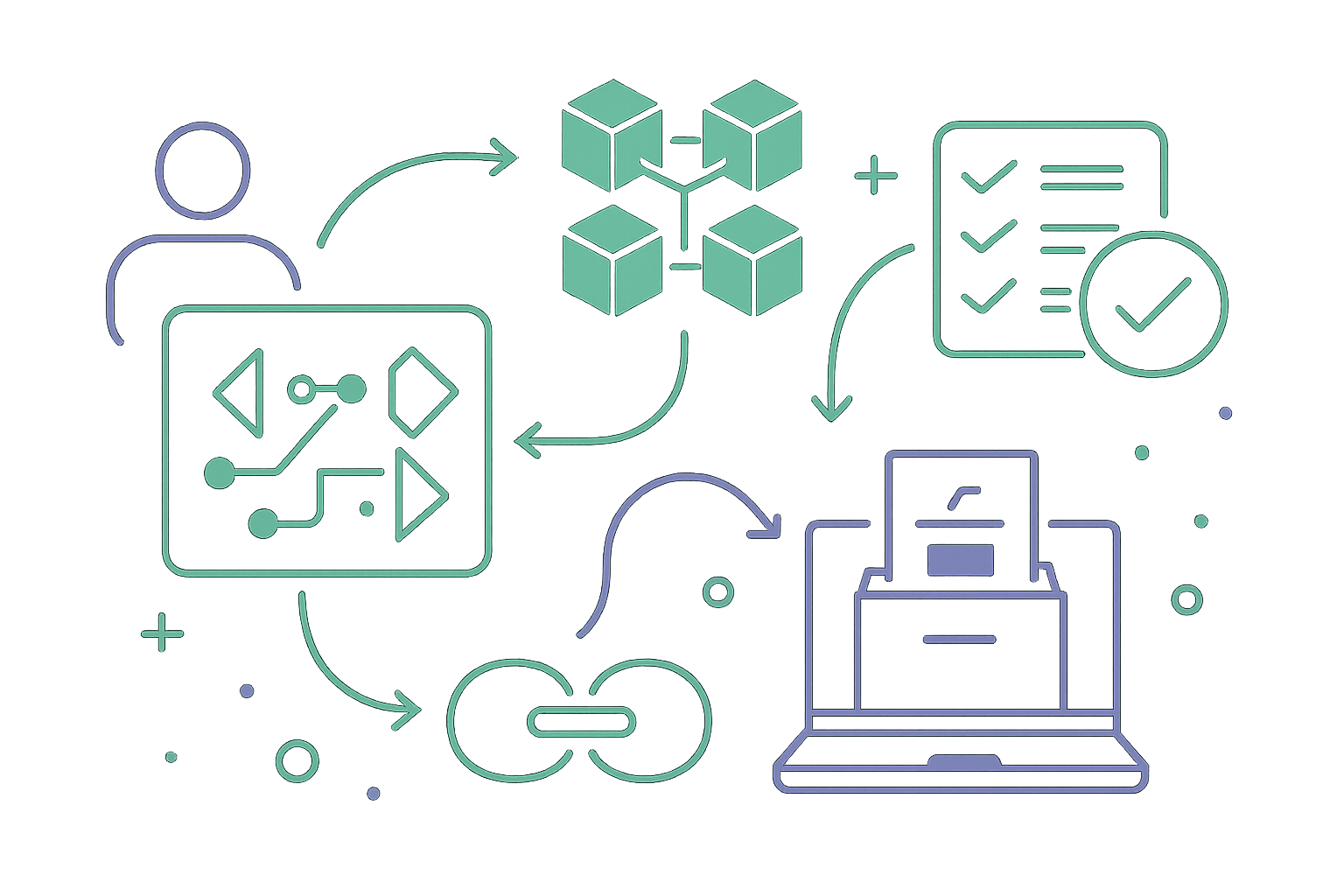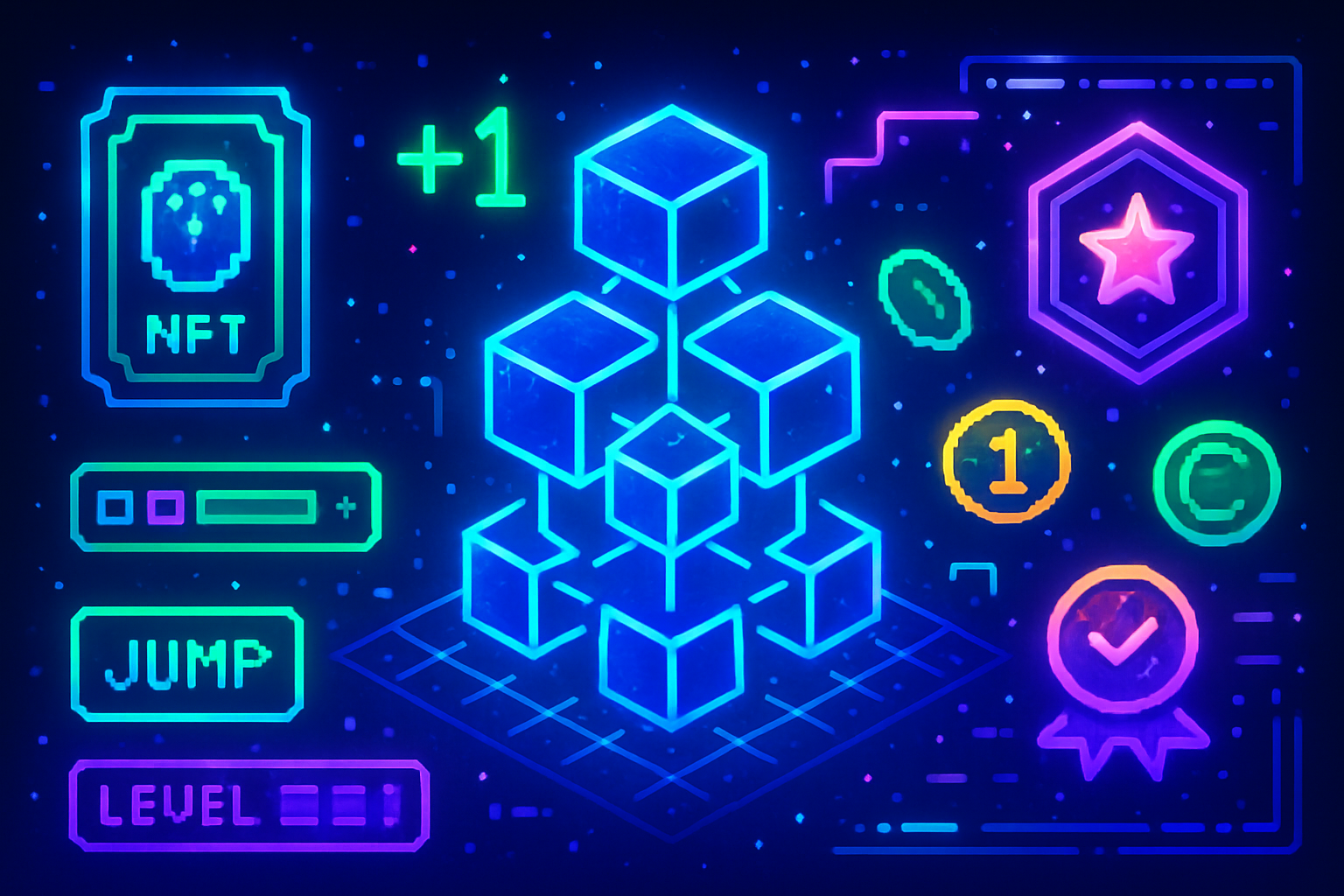How Blockchain Oracles Are Transforming Sports Betting and Prediction Markets in 2025

Blockchain oracles are rapidly altering the landscape of sports betting and prediction markets in 2025, providing a level of transparency and efficiency that traditional systems simply cannot match. As decentralized finance (DeFi) and crypto adoption surge, these oracles are now the backbone of on-chain sportsbooks and event-driven trading platforms, enabling real-time data flow between the unpredictable world of live sports and trustless smart contracts.

Unpacking Blockchain Oracles: The Bridge Between Sports and Smart Contracts
The core value proposition of prediction market oracles is their ability to deliver reliable off-chain data, like game results, player stats, and referee decisions, directly onto blockchains. This function is essential for decentralized sportsbooks, where smart contracts must settle bets based on provably accurate outcomes. In 2025, oracles have evolved beyond single-source APIs; leading solutions now use networks of independent nodes that aggregate information from multiple trusted sources, minimizing manipulation risk.
This transformation is especially visible in platforms such as Kalshi and Polymarket. Kalshi, regulated by the CFTC in the U. S. , reported weekly trading volumes topping $500 million, with sports contracts making up more than 75% of total activity in early 2025. Polymarket processed over $8.4 billion in wagers last year alone, much of it driven by U. S. election betting, a testament to how mainstream prediction markets have become.
Market Growth: From Niche Crypto Bets to Mainstream Adoption
The numbers tell a compelling story: between January and October 2025, crypto prediction markets generated over $27.9 billion in trading volume (source). This explosive growth is fueled by retail traders seeking transparent alternatives to traditional bookmakers and by integration with mainstream platforms like Robinhood, which now offers a dedicated prediction markets hub powered by Kalshi’s oracle infrastructure.
This shift isn’t limited to financial circles. Yahoo Finance has begun incorporating on-chain prediction data into its analytics suite, further legitimizing decentralized sportsbook technology for institutional users and casual bettors alike.
Regulatory Headwinds Meet Technological Innovation
The rise of blockchain sports betting in 2025 hasn’t been without turbulence. Regulatory scrutiny has intensified as states like New York introduce bills such as the ORACLE Act aimed at restricting certain types of event-based wagering. Legal battles are ongoing; Kalshi has won preliminary rulings in New Jersey and Nevada but faces active lawsuits elsewhere. Meanwhile, industry stakeholders, including the NFL, have voiced concerns about integrity monitoring gaps compared to legacy sportsbooks.
Yet innovation continues apace. Decentralized Swarm Oracles, autonomous networks using reinforcement learning for optimal node selection, are being piloted to further secure on-chain sports data delivery while keeping operational costs low. These advances promise not only greater accuracy but also resilience against censorship or centralized failure.
For users, these breakthroughs mean faster, more reliable settlements and a dramatic reduction in disputes. When a controversial call occurs in a high-profile match, decentralized oracles can aggregate data from numerous reputable feeds, official league APIs, broadcast partners, and even encrypted referee reports, before reaching consensus on the verified outcome. This trustless mechanism is central to the appeal of crypto betting transparency, ensuring that every wager is settled according to objective reality rather than the whims of an operator.
The impact extends beyond just the settlement layer. With robust oracles feeding real-time stats and results directly into smart contracts, new types of markets are emerging: live in-play betting with second-by-second odds, micro-event predictions (like “next goal scorer” or “first yellow card”), and even fantasy sports powered by on-chain data. The result is a dynamic ecosystem where bettors have unprecedented control, and market makers can innovate at speed without sacrificing integrity.
Industry Perspectives: Where Next for Decentralized Sportsbooks?
Despite regulatory uncertainty, industry leaders remain optimistic about the future of blockchain sports betting in 2025. As legal frameworks evolve, platforms are doubling down on compliance tools, integrating KYC modules and responsible gambling features directly into their smart contract infrastructure. Meanwhile, partnerships between DeFi projects and established sports brands signal growing institutional confidence in decentralized sportsbook technology.
For prediction market participants, the stakes are higher than ever. With total on-chain prediction market volume surpassing $2.6 billion as of October 2025 (up more than 180% year-over-year), liquidity has never been deeper nor competition fiercer. The convergence of AI-powered forecasting models with secure oracle networks is creating new opportunities for both professional traders and casual fans to monetize their knowledge, and to do so transparently.
What This Means for Bettors and Builders
If you’re considering entering this space, whether as a bettor seeking fairer odds or as a builder aiming to launch your own protocol, the message is clear: mastery of oracle technology is now table stakes. Successful platforms will be those that combine robust data sourcing with user-centric design and proactive compliance strategies.
The next wave of growth will likely come from cross-platform interoperability (allowing users to arbitrage between sportsbooks instantly), programmable payouts (customized bet structures triggered by complex event chains), and further integration with mainstream financial products. All these innovations hinge on the reliability of blockchain oracles, the silent but essential backbone connecting live action to digital markets.
Ultimately, blockchain-powered prediction markets are not just changing how we bet, they’re redefining trust itself in digital wagering. As regulatory clarity improves and technological innovation continues apace, expect decentralized sportsbook technology to become an enduring fixture at the intersection of finance, fandom, and fair play.






